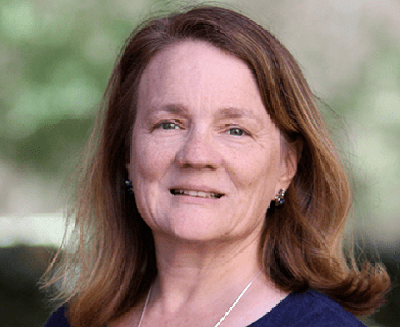Learn Academia’s Hidden Curriculum
Holly M. Hapke, Ph.D., School of Social Sciences Director of Research Development

Within academia there is a hidden curriculum about professional development and success that we often don’t learn about in graduate school. The “Hidden Curriculum” refers to unspoken norms, rules, and assumptions needed for success – aka how “the club” works and how to navigate its power relations. It also includes things like where to publish, how to interact with editors and respond to reviews, how to manage time, balance professional and personal responsibilities, develop collegial relations, advising students, dealing with difficult students, how to get the most out of grant funding, how to diplomatically say “no”. Be aware this curriculum exists and figure out how to access information about it.
Identity and experience factors such as gender, ethnicity, nationality, age, family status, sexuality, etc. sometimes privilege or disadvantage access to this curriculum. But there are also a lot of resources available to you in your department, school, university, and professional organizations, and numerous books and blogs about this exist as well. Seek out and make use of these resources. Don’t isolate yourself. Isolation adds to the stress and anxiety that is already endemic to the tenure process.
Cultivate Mentors and Sponsors and build a network of individuals who can help you learn this curriculum, provide information and advice, and who as a result have a vested interest in your success and will advocate for you. Inform colleagues about your professional activities (don’t assume they know what you are doing) and seek advice even if you don’t think you need it. The point is to engage and develop relationships. Familiarize yourself with your institution’s official documents governing faculty employment.
Build Networks of Support. Seek advice and information from multiple sources – both within and outside your department and school; build a professional support network – a set of professional relationships within your unit, within the university and within your discipline who can provide information, assistance, and support
Read the literature on issues related to gender, race/ethnicity, and diversity and inclusion in higher education. There is a growing body of literature on the experiences women and members of under-represented minorities face in academia. These texts can be very informative for preparing oneself for the realities of faculty work in higher education, for helping you understand your own experiences, and for empowering you to address issues you might face.



